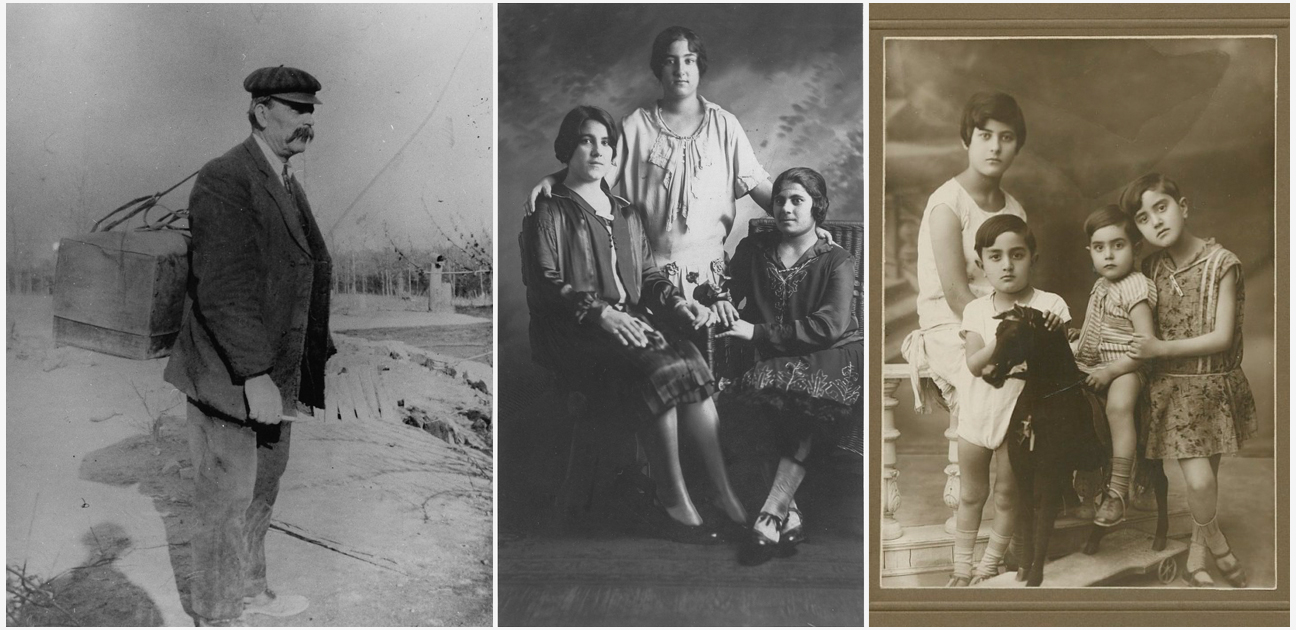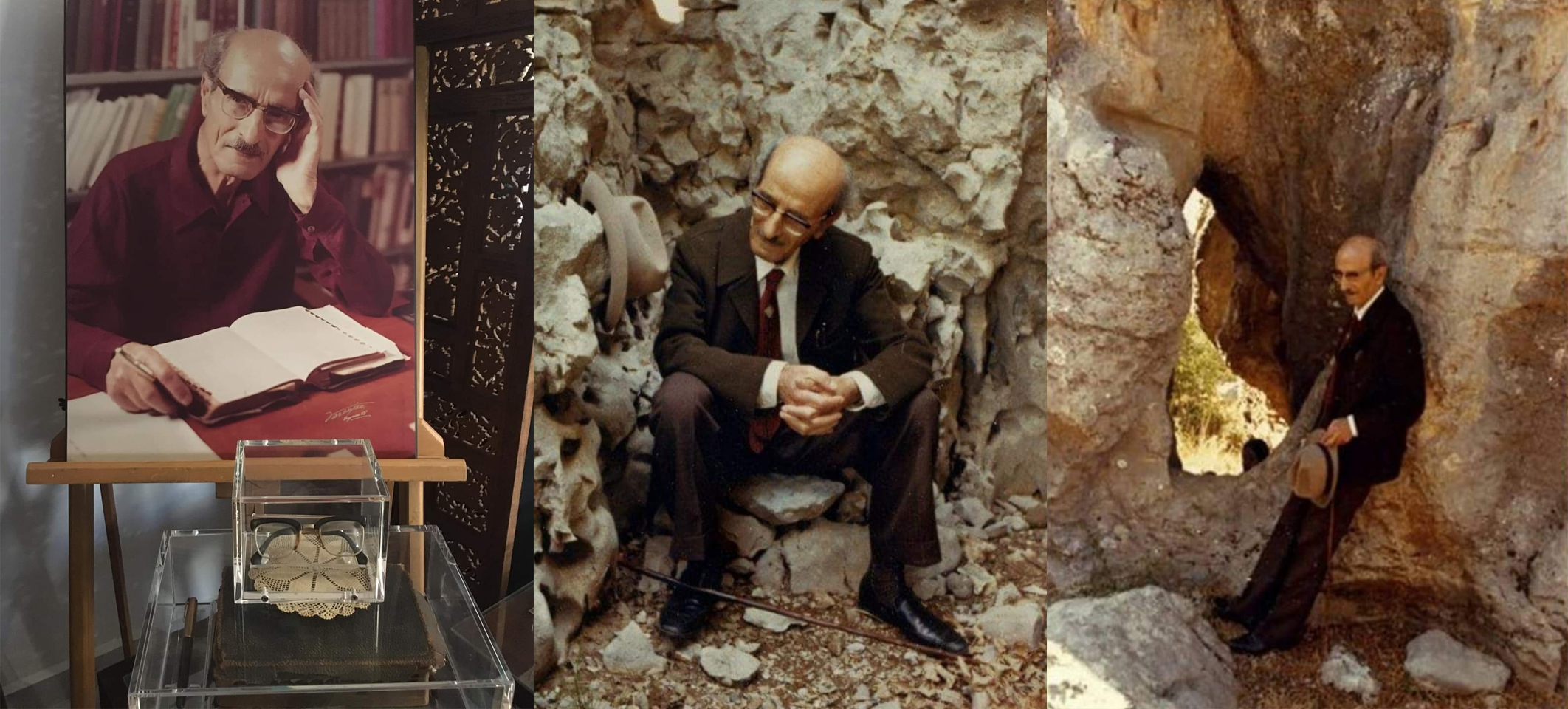A Fresh Look at the Debate: Definitions and Historiography of Arab Americans in the New Century
1-4
Arab American literature and how we define it remains central to the field’s discourse. Some scholars believe prior knowledge of Arab culture is essential to comprehending Arab American literature since it is an ethnic genre. Since the 20th century until the present, Arab Americans have strongly lobbied to classify Arab American studies as an ethnic field and draw a line between Middle East studies — which belongs to the area studies — and ethnic studies.








